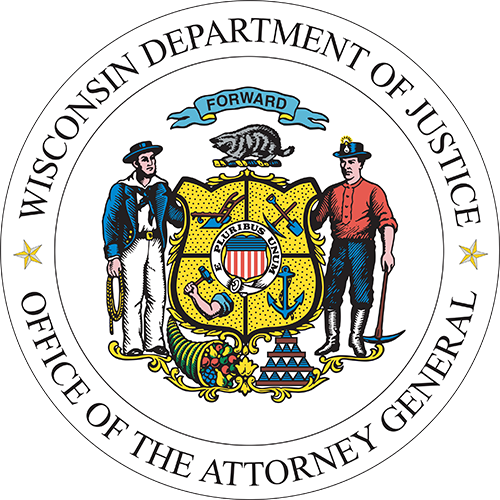My town board’s meeting minutes do not reflect everything that occurred at the meeting. Is this a violation of the open meetings law?
Answer: The answer depends on what is reflected in the meeting minutes. So long as the minutes record all motions and roll-call votes, generally, there is no violation of the open meetings law. A popular misunderstanding is that the open meetings law requires that a governmental body maintain meeting minutes. This is not the case. The open meetings law only requires a governmental body to create and preserve a record of all motions and roll-call votes at its meetings. This requirement applies to motions and roll-call votes that occur in both open and closed sessions.
Meeting minutes are a common method that governmental bodies use to preserve a record of motions and roll-call votes. However, minutes are not the only permissible method. For example, an audio recording would fulfill the open meeting law’s requirements. In practice, many governmental bodies also record other aspects or details of meetings. How comprehensive such meeting minutes are may vary widely from one body to the next. However, so long as the body is maintaining some type of record of all motions and roll call votes, the open meetings law’s requirement is satisfied.
It is important to note that this answer only concerns the open meetings law’s requirements. Other statutes outside the open meetings law may prescribe particular minute-taking requirements for certain governmental bodies and officials. Such requirements may exceed what is required by the open meetings law.
Although not required by the open meetings law, in an effort to increase government openness and transparency, it is recommended that governmental bodies keep minutes of all meetings. The open meetings law does not specify a timeframe in which a body must create a record of all motions and roll-call votes. However, as a best practice, it is advisable that the motions and roll call votes of a meeting of a governmental body be recorded at the time of the meeting or as soon thereafter as practicable.
